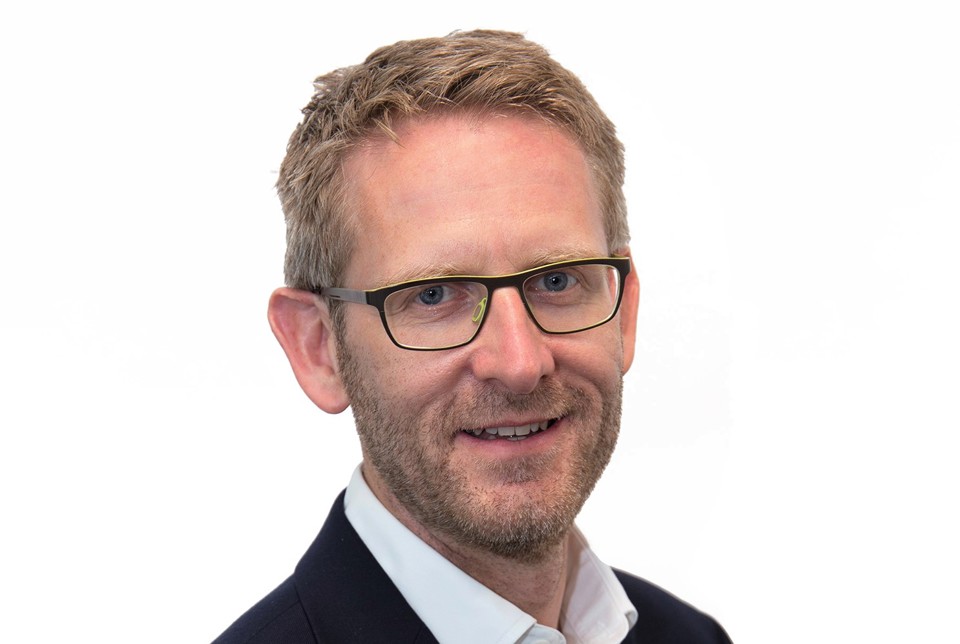By Jon Dye, director of underwriting for motor at QBE European Operations
As 2024 unfolds, many companies in the UK are contemplating the switch to electric vehicles (EVs). Despite a surge in EV registrations in 2023, their market share has slipped to 16.5%, underscoring a prevailing preference for internal combustion engines (ICE).
Fleet operators with ESG targets are being tasked with spearheading the transition to EVs but it’s a far from easy task. We have seen recently that Hertz in the US has announced it’s selling 20,000 of its EV fleet due to high repair costs.
Insurance claims alone for EVs are 25.5% more expensive compared with their petrol equivalents. EVs are more expensive out of the box than ICE but there are more subtle factors preventing a smooth transition to EVs. Insurance costs may be one, but the insurance industry is also a key driver of change.
Repairing EVs requires entirely new and specialized skills, which requires training, infrastructure and most importantly, funding.
The Association of British Insurers (ABI) says EVs are taking 14% longer to repair and our own data from QBE shows that when looking at Tesla in isolation, there was a 93% increase in repair costs compared with ICE vehicles and a 25% increase in time off the road.
According to the Institute of the Motor Industry (IMI), there could be a shortage of around 24,000 EV-qualified mechanics by 2032 due to a waning uptake of EV qualifications and new training requirements.
The ABI says this deficit may further impact the cost of repair and cost of insurance.
To mitigate this, the sector must prioritise recruitment and upskilling in 2024, attracting newcomers and evolving current skill sets, ensuring a sustainable generation of mechanics.
We often hear of EV range anxiety quoted as a reason to stick with ICE vehicles. Despite private funding like ChargeUK announcing a £6 billion investment in EV charging infrastructure, the issue does not wholly lie with money or motive.
It’s about positioning too. EVs have an average range of 250 miles and 45% of UK charging points are in London and Southeast England.
Nationwide fleet operators face serious charging challenges when travelling long distances. Improved and considered charging infrastructure across the UK could allay range fears and increase EV sales amongst fleets in 2024.
The news that Tesla is recalling two million vehicles over defective autopilot systems shows how crucial integrated technology is to reliable EVs.
Supply chain issues for parts has also seen Tesla announce a pause in EU production. The complexity of EV technology means increasing production and repair costs and time, and in turn insurance costs.
The preference to stick with ICE is also due to Rishi Sunak’s decision to push the ban on new ICE car sales to 2035, but to propel the EV industry forward we need more than just targets.
Incentives are vital: more than 77% of UK EVs consist of fleet cars or company cars – which have been spurred forward by corporate ESG targets and recent tax breaks – although even these are planned to diminish over the next few years.
The nation needs substantial investment to equip workers with the right skills for swift, safe and affordable repairs and to establish a nationwide charging network that eradicates range anxiety.
We expect insurance premiums in the short-term to continue to increase, reflecting the higher cost of repair but the UK's sophisticated insurance market here in London can play a global role to make substantial investments in comprehending EVs, mitigating risks, and reducing costs in the longer-term.
The Government needs to shift to a higher gear in support for businesses and consumers if it wants to hit green targets.
The Zero Emission Vehicle (ZEV) mandate which started on 1st January, pressurising car manufacturers to increase EV sales may be one lever but more are required.
With the right skills, incentives and investments in 2024, the change from petrol and diesel vehicles to EVs could spark an obvious and practical choice.


















Login to comment
Comments
No comments have been made yet.